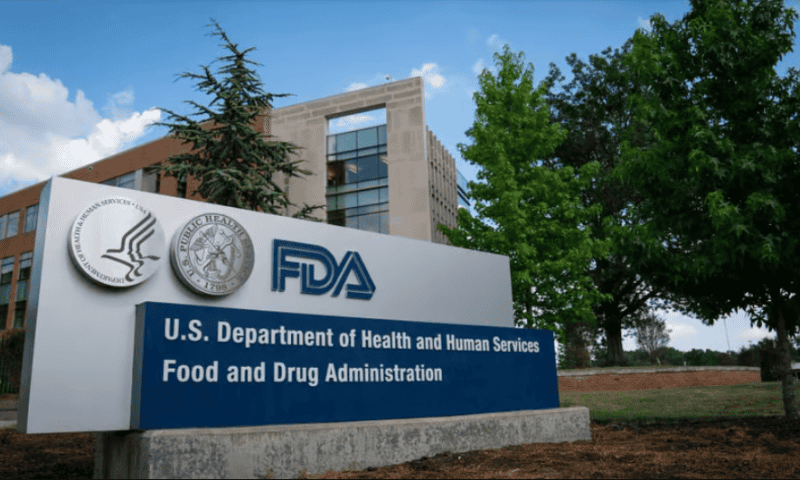The U.S. FDA, the Environmental Protection Agency and the Department of Agriculture have answered the Biden administration’s call to design a plan to overhaul biotech regulations, with details on future policies for post-approval chemistry, manufacturing and controls (CMC) changes, genome editing technologies and more.
The impetus for the new document, published (PDF) May 8, was President Joe Biden’s Executive Order 14081 from September 2022. The decree tasked the agencies with coordinating a plan to modernize regulations around the development and manufacture of a wide range of biotech products, from industrial goods to CRISPR. It also required them to find holes in the existing Coordinated Framework for Biotechnology Products, a long-standing regulatory policy for the biotech industry that was last updated in 2017, and come up with processes and timelines for implementing new regulations.
To inform the new plan, the agencies collected public feedback about pitfalls of existing regulations. Among the 88 unique responses (PDF) from stakeholders were suggestions the agencies should offer more clarity and assistance with existing regulations and better synchronize efforts between them, the report said. The agencies also collected feedback from three industry groups, including the Biotechnology Innovation Organization and the Biological Products Industry Alliance, in January 2023 listening sessions with government officials.
For drugs, biologics and medical devices, stakeholder comments included requests to update regulations around issues such as sterile drug product processing, testing and validation, quality metrics reporting, animal testing requirements and more. One commenter also suggested that the U.S. “foster the domestic manufacture of active pharmaceutical ingredients,” the plan document said.
Future policy moves will include a proposed rule to revise regulations around post-approval CMC changes that will “allow for a more risk-based approach to regulation of changes sponsors make to approved products”, the document said. It also noted that the FDA is in the process of developing policies around ensuring the safety of genome-editing products, building upon guidance issued in January by the Center for Biologics Evaluation and Research (CBER).
Additionally, the FDA plans to establish a platform technology designation program that enables expedited development for gene editing products developed later using the same platform.
“Expedited development for a subsequent application may include engaging in early interactions with sponsors to discuss the use of a platform technology and providing timely advice to and having additional engagement with the sponsor during the development program,” the plan document said.
Peter Marks, M.D., Ph.D., director of CBER, addressed the need to reduce the regulatory burden for future gene editing therapies at the American Society of Gene and Cell Therapy annual meeting in Baltimore on Wednesday.
“It may be that we would be able to find a way to reduce the burden here of having to come back to the agency once you’ve shown that your editor is doing what we’d like to see it do in a given disease gene,” Marks said.
Separately, the agency also highlighted previously issued guidance around chimeric antigen receptor T-cell and cell and gene therapy products as well as its public-private partnership for customized gene therapies.
The agencies have a website for stakeholders to keep up with regulations as they evolve.

